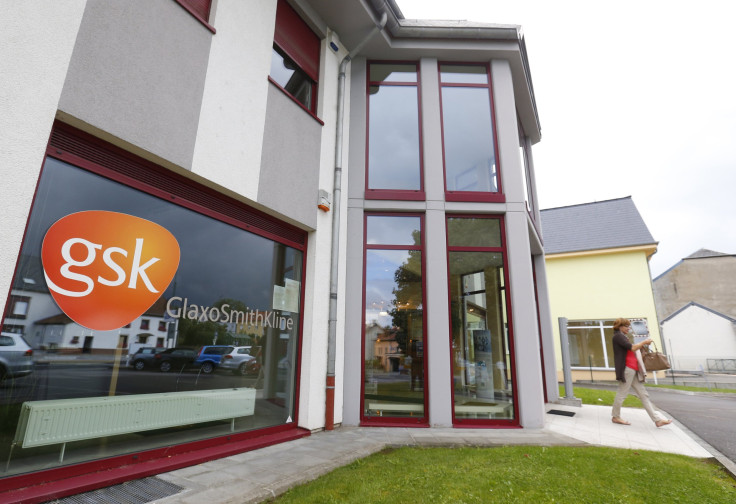Drugged Up: GSK, Roche And Sanofi To Set Out Their Stalls

LONDON (Reuters) - Three of Europe's top drugmakers - GlaxoSmithKline, Roche and Sanofi - face health checks this week at high-profile presentations designed to show they can overcome looming market threats.
The unusual confluence of investor days comes at a testing time for the $1 trillion-a-year global drugs industry, as deal-making sweeps a sector facing mounting competitive pressures.
Chief executives at the three companies face different challenges, but they all have a point to prove.
GSK's Andrew Witty and Sanofi's new boss Olivier Brandicourt both need to demonstrate recovery potential, after recent disappointments, while Roche's Severin Schwan must show he can withstand future cut-price competition to his group's top biotech drugs.
"Roche probably has the easiest job, since we know they have good data with new multiple sclerosis (MS) and oncology drugs, whereas GSK and Sanofi have quite a lot to prove," Berenberg Bank analyst Alistair Campbell said.
Roche's three most anticipated drugs - ocrelizumab for MS, atezolizumab for cancer and ACE-910 for haemophilia - are together expected to rake in annual sales of some $5 billion by 2020, according to consensus forecasts from Thomson Reuters Cortellis, which is well above rivals.
Roche is particularly bullish on ocrelizumab, after it succeeded in the hard-to-treat progressive form of MS and set a new benchmark for treating relapsing disease.
Like its Swiss rival, GSK is also seeking to showcase its research and development (R&D) prowess at its first R&D event in more than a decade. But after past setbacks in clinical trials, investor expectations are relatively low.
Much of the focus is expected to be on GSK's experimental shingles vaccine Shingrix, Nucala for severe asthma, sirukumab for rheumatoid arthritis and a new long-acting HIV medicine.
Beyond that, investors are keen to get a glimpse deeper into GSK's pipeline to see whether the company's R&D can deliver in the medium to long term as it seeks to offset declining sales of the best-selling inhaled lung treatment Advair.
A key question is how many of the 40 or so experimental medicines it has said it will profile at the event will be ready to move into final Phase III trials in the next 12 months.
Sanofi's situation is different and Brandicourt, who took over as CEO in April, will give a broad strategy update, which is expected to touch on cost savings, potential new group structures and the scope for acquisitions, as well as the drug pipeline.
His task has become more urgent since Thursday, when Sanofi shocked the market by warning that sales at its main diabetes division would keep falling until 2018.
Brandicourt has already said he views M&A as "a very useful tool" for Sanofi, prompting speculation he may see opportunities following a recent healthcare sector market correction. Some analysts see that correction as one contributor to current talks between Pfizer and Allergan.
GSK will hold its R&D in New York on Nov.3, while Roche's pharma day is in London on Nov.5 and Sanofi is hosting its "meet management" seminar in Paris on Nov. 6.



























